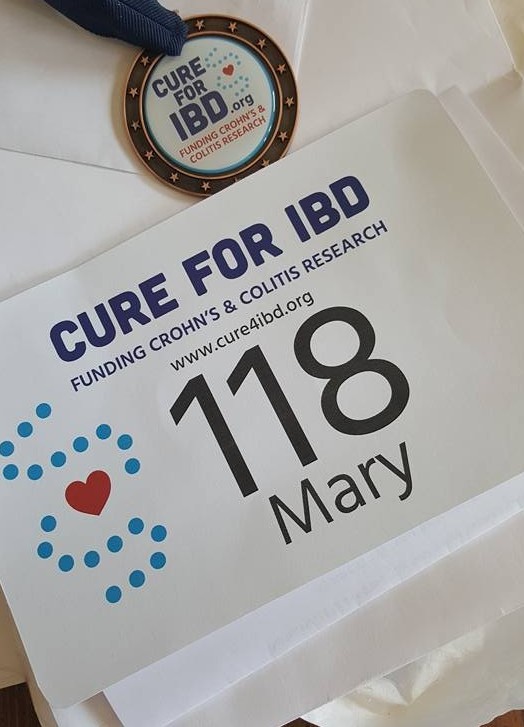
Welcome to my CURE for IBD personal fundraising page!
I have decided to make a difference in the fight against Crohn's disease and ulcerative colitis by becoming a fundraiser in the CURE for IBD community and starting a page for It Could Be Worse.
CURE for IBD was founded on the belief that if more funds are allocated to research, new treatments and cures will be found sooner. For many people, this can't happen quickly enough.
I am very proud to say that 100% of all donations I receive will be allocated directly to IBD research. CURE for IBD will not use any of these funds for overhead, administrative, or event expenses.
I can't thank you enough for your support. Your generosity brings hope for so many people who suffer from these diseases.
Thank you!
It Could Be Worse - Mary Horsley
For more on my story, see It Could Be Worse and my journey at It Could Be Worse Blog.
The goal for IBD is to fund research towards new therapies and cures for Crohn's disease and ulcerative colitis. CURE for IBD was founded by parents who have dedicated themselves to finding cures for their children and everyone else living with Inflammatory Bowel Disease. CURE for IBD does not pay any participant event or travel expenses, and only funds research with the goal of finding cures sooner.


Get The Word Out
https://cureforibd.donordrive.com/campaign/Icbwblog